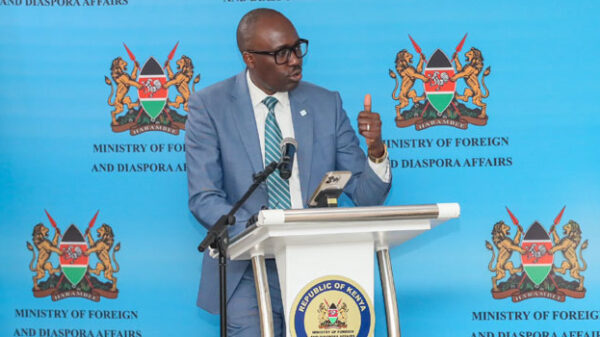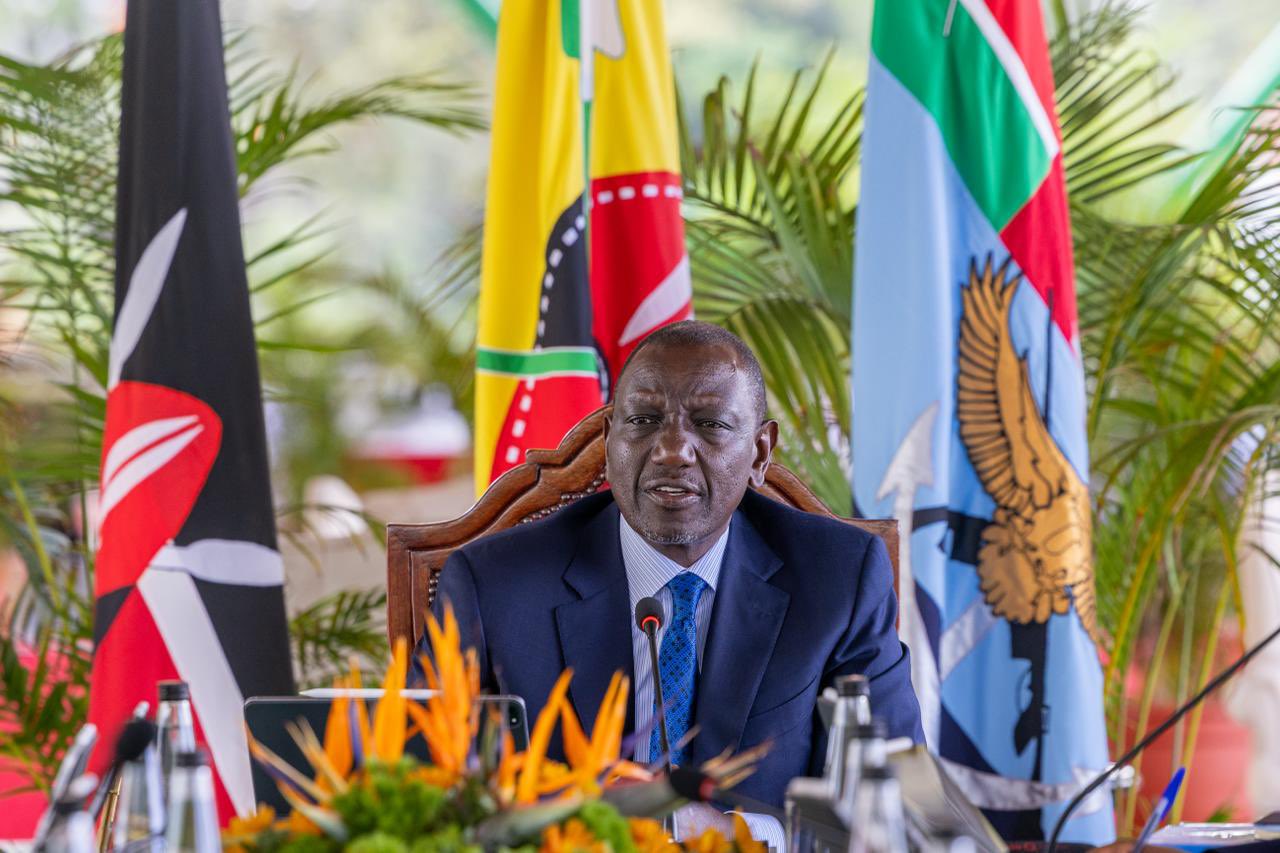NAIROBI, Kenya, Nov 11 — The government has adopted a new Infrastructure Projects Pricing Framework designed to curb inflated project costs and guarantee value for money in public investments.
According to a Cabinet dispatch released Tuesday, the new mechanism seeks to eliminate irregular and inconsistent pricing practices that have long characterized the implementation of government infrastructure projects.
The framework introduces a data-driven system for determining costs, anchored on transparency, accountability, and prudent use of public resources.
“The framework seeks to eliminate the irregular, inconsistent, and costly practices that have characterised the pricing of government infrastructure projects,” read the dispatch.
“It aims to establish a data-driven system for determining infrastructure costs, ensuring accountability and prudent use of public resources.”
The reform will be coordinated by the Chief of Staff and Head of Public Service through a Multi-Agency Technical Working Team, which has already developed sectoral pricing models, cost derivation criteria, and proposals for establishing a National Infrastructure Pricing Database (NIPD).
The Cabinet noted that despite massive infrastructure investments over the past two decades, Kenya continues to face cost variability and overruns, largely due to reliance on precedent-based estimates and limited market intelligence.
First Principles Approach
To address these inefficiencies, the framework will adopt the First Principles Approach (FPA) — a model successfully implemented in the United Kingdom, Australia, and Singapore — to replace precedent-based costing with evidence-based analysis, potentially reducing project overruns by up to 25 percent.
Government said the adoption of the framework marks a major step toward enhancing transparency, consistency, and fiscal discipline in infrastructure development, ensuring that every public project delivers maximum value for taxpayers.
The move follows years of concern over inflated infrastructure costs and weak project valuation mechanisms across various government agencies.
Costly roads
A 2014 African Development Bank (AfDB) report ranked Kenya among the most expensive countries in Africa to construct roads, with the cost of rehabilitating one kilometre of tarmac in urban areas averaging US$440,000, compared to US$101,600 in Angola.
Analysts attributed the inflated costs to land acquisition challenges, compensation for structures on road reserves, and widespread land grabbing by cartels.
Similarly, a review by the Africa Centre for Open Governance (AfriCOG) estimated that between 2013 and 2017, taxpayers lost KSh49 billion through unexplained cost escalations in road projects.
Another study found that over 50 percent of transport infrastructure projects in Kenya recorded cost overruns exceeding 20 percent, with some rising by as much as 60 percent beyond initial budgets.
The Kenya National Highways Authority (KeNHA) has also acknowledged flaws in its price adjustment formulas, which in several instances led to runaway project costs.
For example, the Sagana–Marua Road project, initially valued at Sh6.1 billion, rose to Sh9.1 billion by mid-2024, a 49.6 percent increase.
By mid-2023, Kenya’s pending payments to road contractors had reached Sh145 billion, largely due to delayed projects and cost escalations — inefficiencies that have strained public finances and slowed delivery timelines.
A 2018 Deloitte report further revealed that only 13 per cent of infrastructure projects in Kenya were completed on time, underscoring the urgent need for stronger cost management and execution discipline.


















































